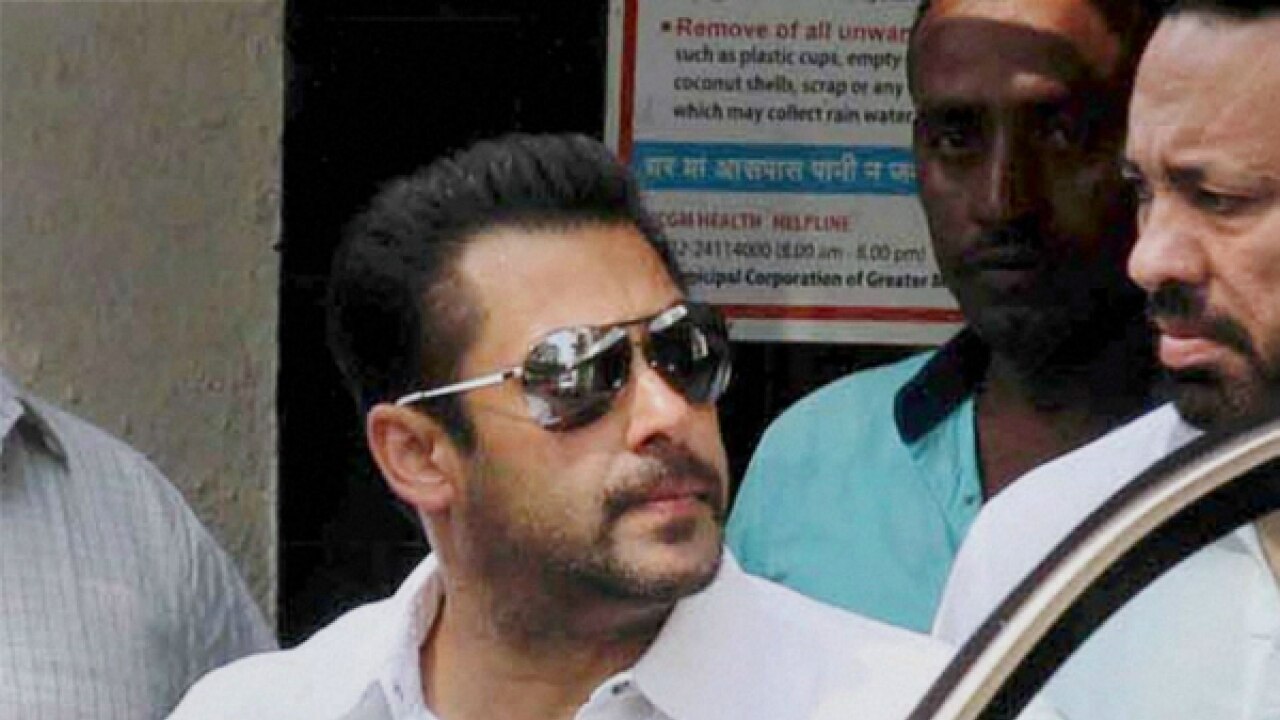
Three days ago, film star Salman Khan, convicted by the sessions court for the infamous hit-and-run case in Mumbai, was sentenced to five years of imprisonment. Within 72 hours of the conviction, coming 13 years after the crime was committed, the Bombay high court on Friday granted the actor bail. The court suspended the sentence pending the hearing of appeal. Friday’s judicial decision to grant bail has raised several disturbing questions. First, let’s consider the inordinate delay that has taken place in delivering the first sentence. And then just when it seemed that justice was done at last, there followed relief from the high court for the convicted actor. The granting of bail does indeed seem to make a mockery of the justice system. A man responsible for the death of another, however unintentional, cannot go unpunished. Neither can he escape the prison dragnet. Moreover, the accident committed by Salman in an inebriated state, ruined the lives of four other poor families. They deserve justice.
The judicial system as it operates, and as it is exemplified rather blatantly in the case of Salman, seems — inexplicably — to deny justice to the victims. The debate over the Salman case has become a fierce talking point — and with good reason. Under the pretext of fairness, the film star with his attendant celebrity status and the money power that enables him to engage super-smart lawyers at great cost, has managed to wriggle out of the judicial noose. The anger and rage such unbridled access to privilege and influence — and consequently immunity — evokes is understandable. And justified as well.
However, we need to distinguish between the loopholes in the judicial system and the particular case of Salman Khan, the popular and rich actor. Even though both feed into each other. It is a matter of judicial principle that bail is the rule and the accused must be given a fair chance to prove his or her innocence. It is this principle that rules the process of appeals which is protracted, stretching into years, and even decades. In order to be fair, the judicial system seems to provide an escape route to the accused, and helps him or her evade punishment as long as it is possible by resorting to all the judicial procedures of appeal in the name of fairness. However, in this prolonged judicial exercise, the real sufferer — most often — is not the accused but the victim of the crime.
In the Salman Khan case, it is the family of the man that Salman killed and others he injured who have been left to fend for themselves, without relief and justice. Thousands of other victims’ families are lost in the judicial maze. The ends of law are defeated by these very judicial processes that are meant to deliver justice: an ideal Kafkaesque metaphor of the absurdity of the system.
But there is also another disturbing dimension to the judicial system. Most often, the system is weighted in favour of those with money and powerful connections. For instance, while Salman has managed to dodge jail time, thousands of poor undertrials are wasting away behind bars. The absence of money and resources deny them even the initiation of processes of justice.
The clash of opinions around the Salman case provides us now with an opportunity to critically examine the structures and the imperfect workings of the judicial system. This is a debate that has been put on the backburner for far too long. Rather than allowing the debate to taper off — like such debates often do — we must ensure a critical discourse around the judiciary. And restore faith in the institution which is often the only recourse left to the majority of people.